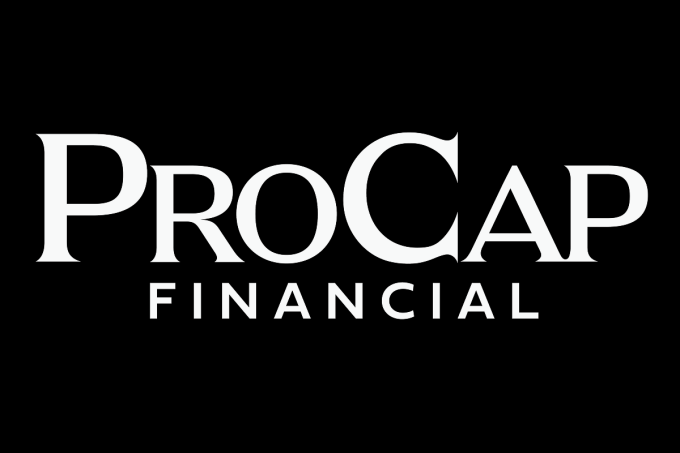BlackRock has submitted a key amendment to its iShares Ethereum Trust (ETHA), signaling its ambition to enable staking within the fund—potentially turning part of its ether holdings into yield-generating assets. This development underscores growing institutional appetite for regulated, yield-bearing crypto products amid a maturing ETF landscape.
Market Reaction: Staking on the Radar
The amended application requests permission to stake “all or a portion” of ETHA’s ether holdings through trusted staking providers. If approved, the trust could generate income by locking up ETH to validate Ethereum’s proof-of-stake network. ETHA currently holds over $2.1 billion in assets under management, highlighting the scale and potential impact of staking for this product. The move follows a surge in ETH-based ETF inflows, estimated at hundreds of millions in a single day. Observers view BlackRock’s staking proposal as not only a growth lever for the firm’s crypto business but also a potential inflection point for institutional investment in Ethereum.
Regulatory and Technical Implications
The SEC has extended its review period for BlackRock’s staking proposal, reflecting concerns around custody, slashing risk, and how staking rewards should be treated. The proposal specifies that ETH held by the fund will not be pooled with other entities and that the trust would not directly absorb slashing or fork risk. This delineation may help ease regulatory concerns, but the operational and compliance burden for staking within a regulated ETF remains significant.
Investor Sentiment & Institutional Strategy
For institutional crypto investors, staking-enabled ETH exposure could represent a more mature and yield-accretive way to gain Ethereum exposure. Instead of simply tracking ETH’s price, the ETF could also deliver staking income, making it more competitive compared with other yield products. Strategists see BlackRock’s proposal as part of a broader institutional shift, blending price exposure with staking rewards to attract long-only allocators, treasury managers, endowments, and other institutional capital seeking both growth and income.
Looking ahead, three critical themes will determine the impact: whether the SEC grants approval and under what conditions, which staking providers BlackRock will partner with, and whether the economics of staking—after operational and counterparty risks—support meaningful income generation. For crypto institutions, this could represent a significant step forward in on-chain yield exposure via regulated channels, while still requiring careful monitoring of policy and operational risks.
Comparison, examination, and analysis between investment houses
Leave your details, and an expert from our team will get back to you as soon as possible













https://shorturl.fm/DKfpN
https://shorturl.fm/4tRZX